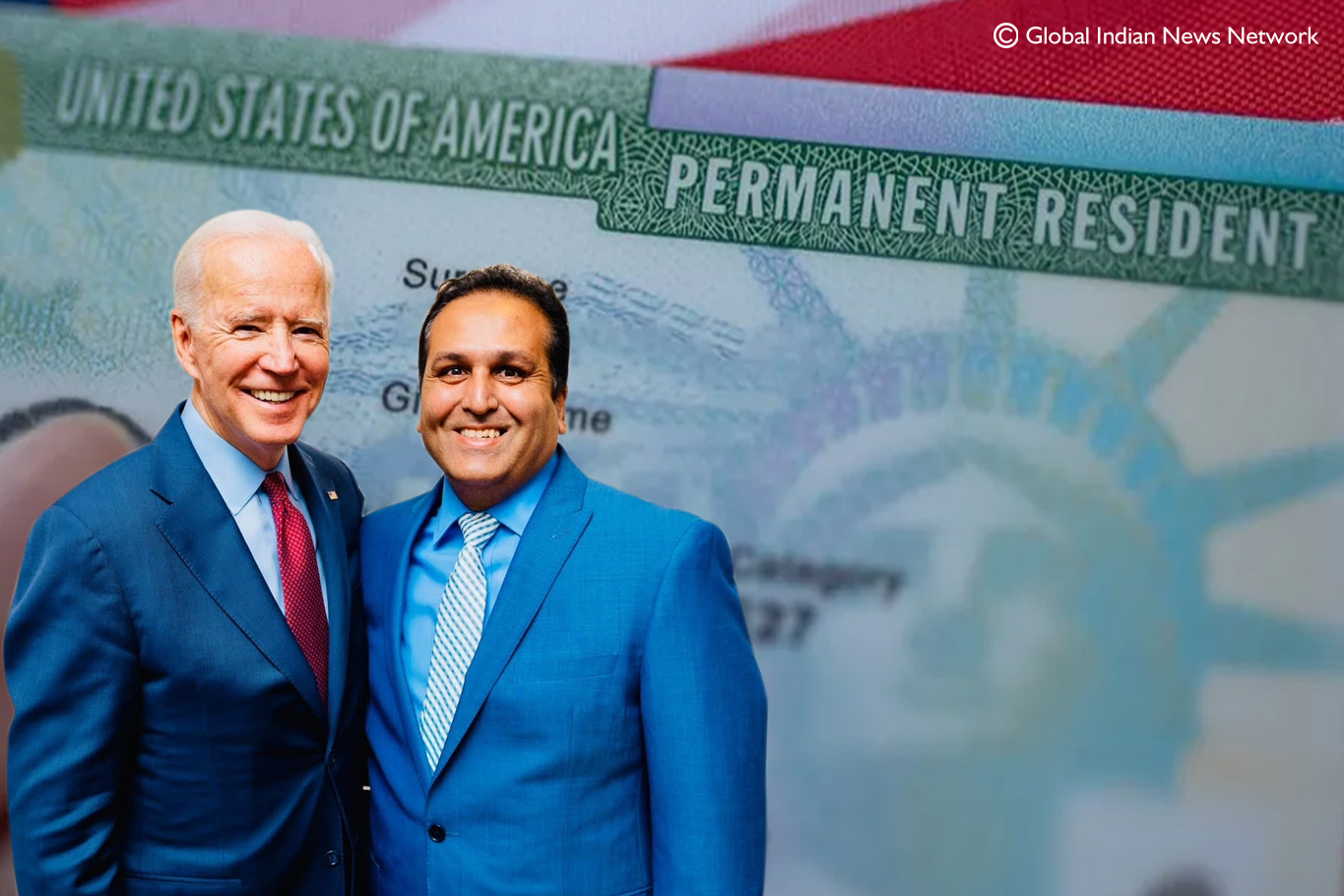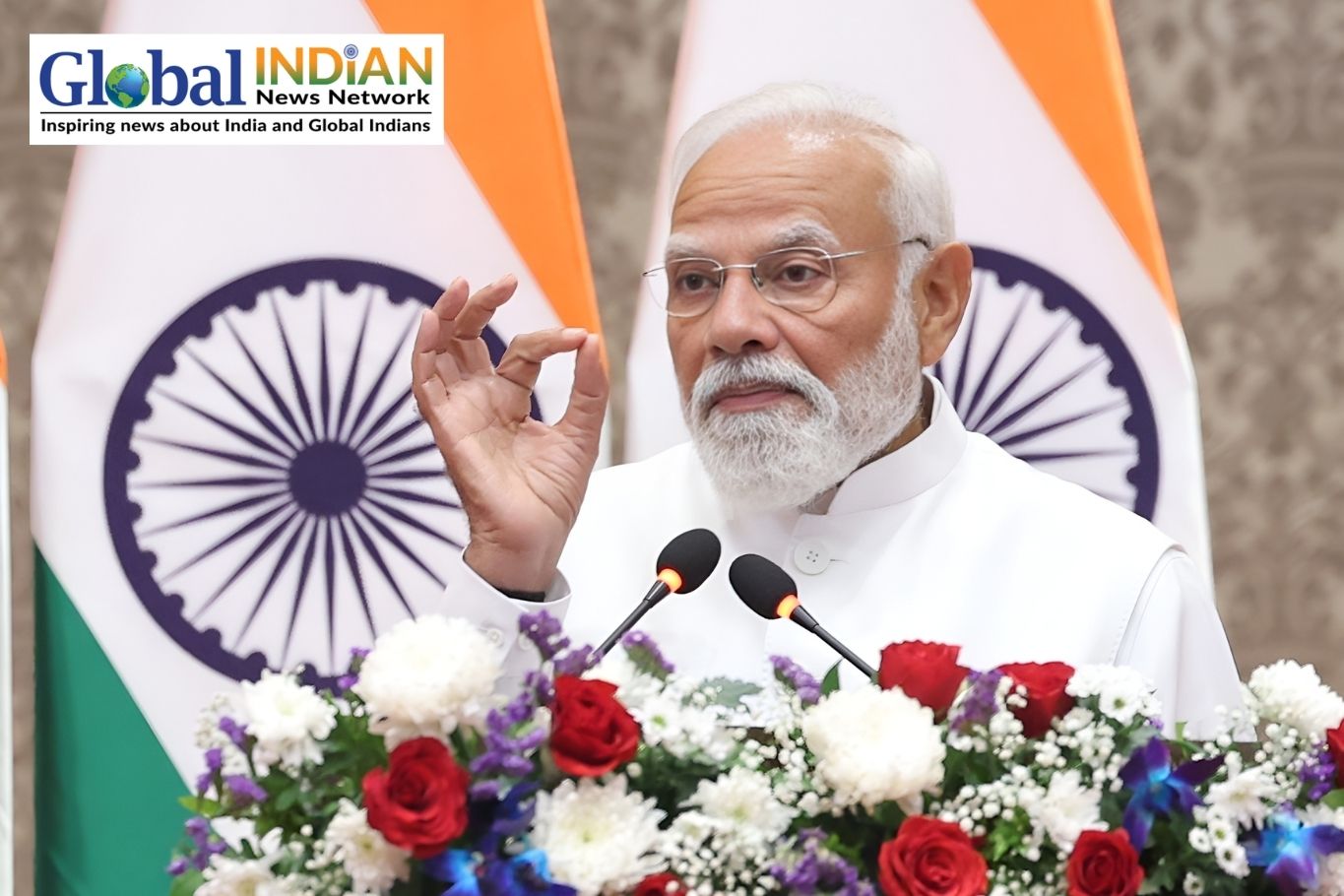 Ajay Bhutoria, an Indian American and member of the President’s Advisory Commission on Asian Americans, Native Hawaiian, and Pacific Islanders, has put forth a recommendation to recapture all unused green cards in the family and employment categories since 1992. This suggestion holds the potential to benefit numerous Indian Americans who have been awaiting their green cards.
Ajay Bhutoria, an Indian American and member of the President’s Advisory Commission on Asian Americans, Native Hawaiian, and Pacific Islanders, has put forth a recommendation to recapture all unused green cards in the family and employment categories since 1992. This suggestion holds the potential to benefit numerous Indian Americans who have been awaiting their green cards.
The proposal entails recapturing over 230,000 unused employment-based green cards from 1992 to 2022, processing them in a phased manner in addition to the annual limit of 140,000 for this category.
The objective of “Recapture unused Green cards and prevent future Green card waste” is to address the extensive bureaucratic delays in green card processing and provide much-needed relief to immigrants in the United States who are currently facing backlogs, stated Bhutoria.
The Department of Homeland Security (DHS) is authorized by Congress to issue a limited number of family-based and employment-based immigrant visas annually. However, due to prolonged bureaucratic delays, a significant number of available green cards have gone unused over the years, resulting in a backlog, he added.
Mr. Bhutoria has proposed two primary solutions to tackle this longstanding issue. Firstly, the Department of Homeland Security and the Department of State should recapture the unused green cards in the family and employment categories from 1992 to 2025. This would involve processing a portion of the over 230,000 unused employment-based green cards each fiscal year, in addition to the annual limit of 140,000 for the employment-based category.
Secondly, the State Department, in collaboration with the Department of Homeland Security, should formulate a new policy to ensure that all green cards, as per the annual limit, remain available for eligible immigrants despite delays in processing the required documents in a given fiscal year. This policy should also retroactively apply to recapture green cards that remained unused prior to its implementation.
The unused green cards represent missed opportunities for the United States and contribute to the growing backlog, which particularly affects Indian-American, Filipino-American, and Chinese-American families. Implementing this recommendation would alleviate the negative impact of underutilized green cards on individuals, families, and the U.S. economy.









